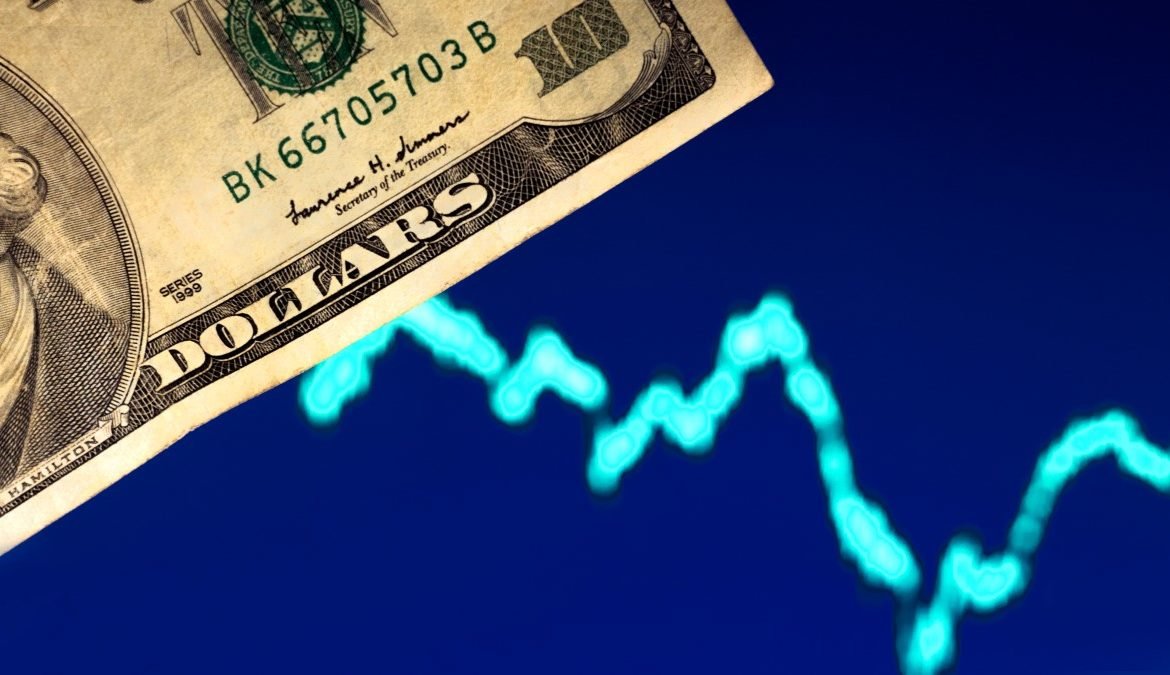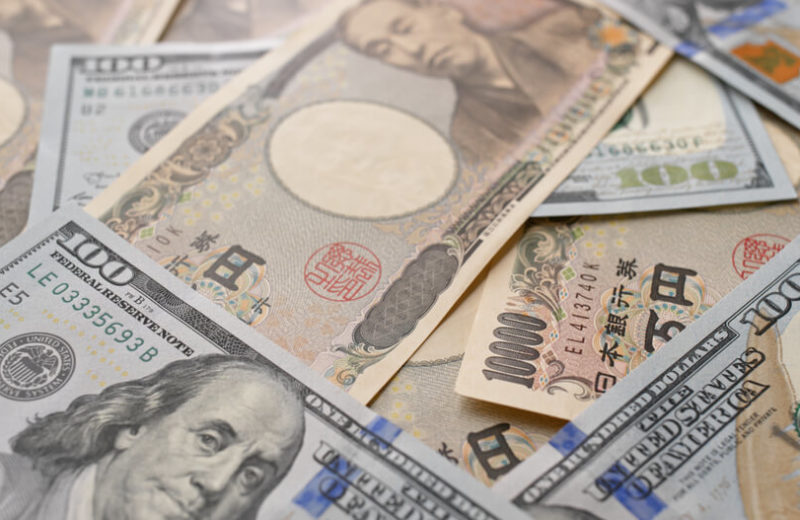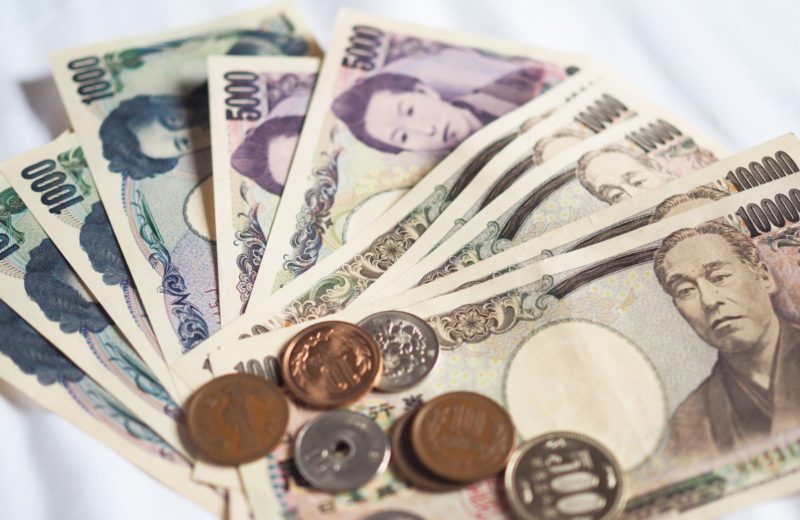The New Zealand dollar, euro, and Australian dollar retreated from milestone peaks. Investors are wary of China’s response to the Houston consulate closure. Meanwhile, South Korea is in a recession.
China-United States tensions put a bit of caution into currency markets. Thus, on Thursday, the United States dollar crept off milestone lows against other majors. Nevertheless, against the yuan, it held on to gains.
Amid accusations of spying, the United States gave China time until Friday to close its consulate in Houston. Moreover, the United States President, Donald Trump, said it was ‘always possible’ other Chinese missions could be ordered to close as well.
China has vowed to respond. Thus, the escalation in tensions between the two largest economies in the world sent the yuan to its hardest slide in nearly two months on Wednesday. Therefore, this helped the United States dollar find support in Asian trade on Thursday.
Dollar and Others
Meanwhile, the euro sat at $1.1571. It is about 0.3% below the 21-month high of $1.1601. It hit it overnight in the afterglow of European leaders making a deal on a coronavirus rescue package.
After a 15-month peak, the Australian dollar pulled back and was steady at $0.7143. Meanwhile, the New Zealand dollar retreated slightly from a six-month top to sit at $0.6657.
In Japan, a public holiday lightened volumes.
Rodrigo Catril works at National Australia Bank in Sydney. He is an FX strategist there. He said that the market still tries to ascertain whether these geopolitical tensions will be enough to derail the positive vibes we have been seeing.
Moreover, he added that recent history would tell us that the market will tend to digest that information and carry on in its merry way. Nevertheless, a bit of caution is warranted, and the Chinese yuan moving higher is probably the canary in the coalmine that we need to keep an eye on.













